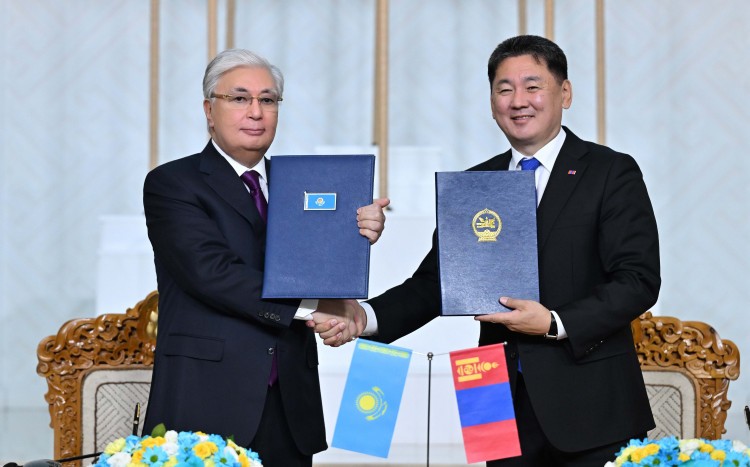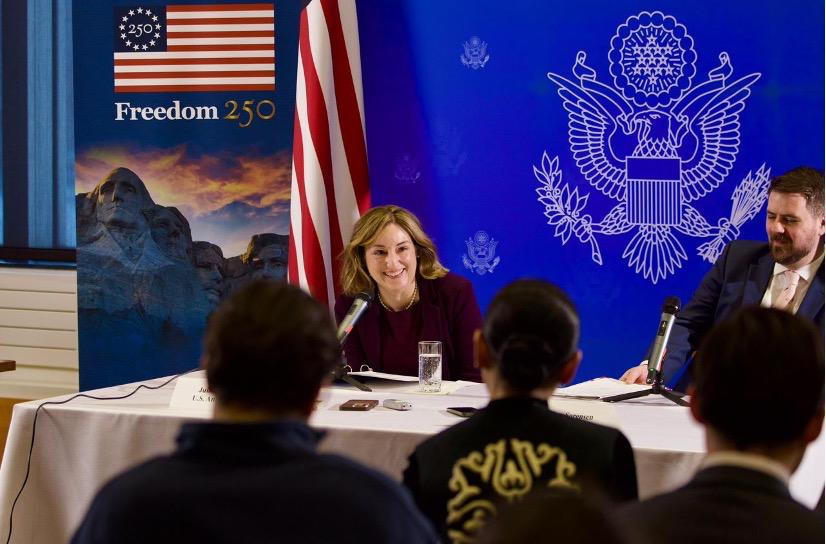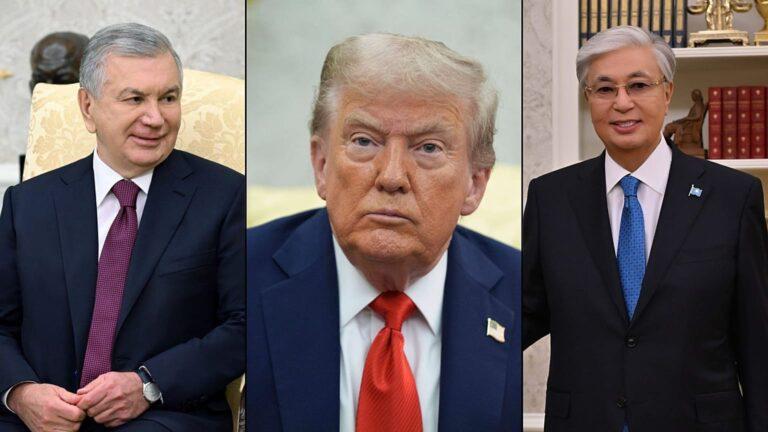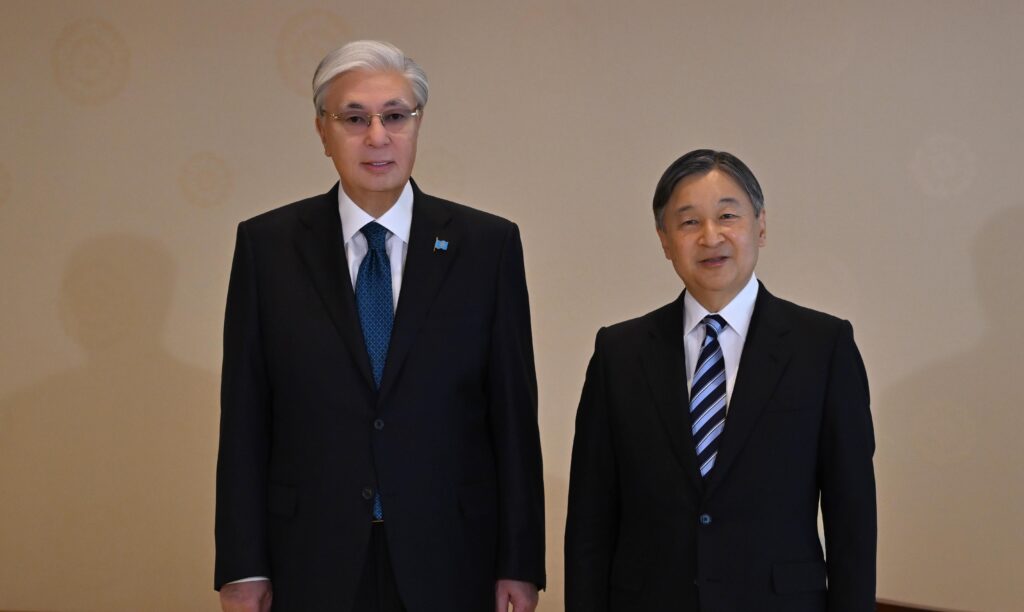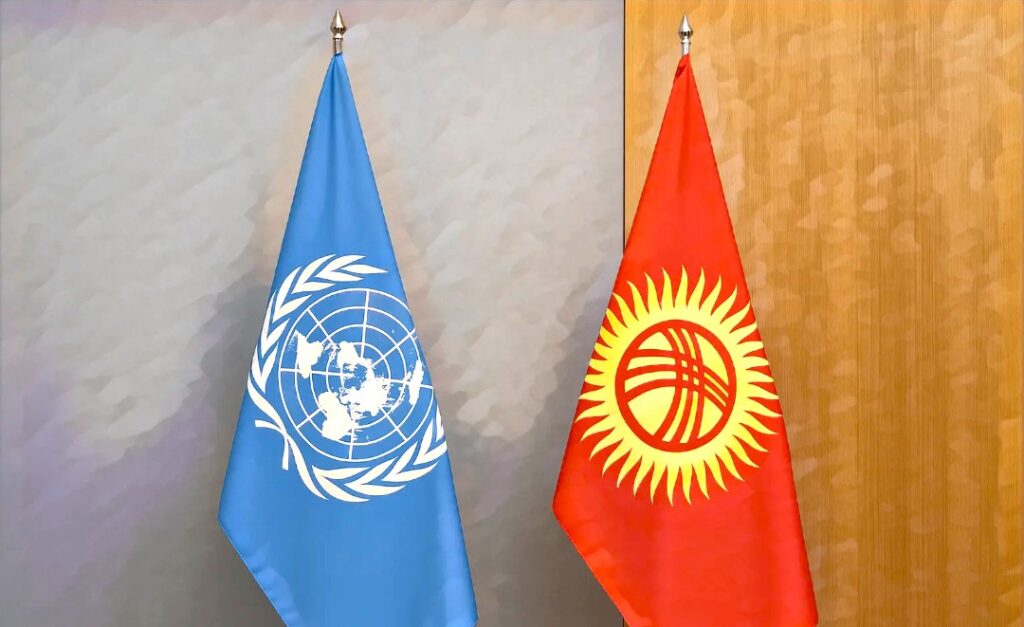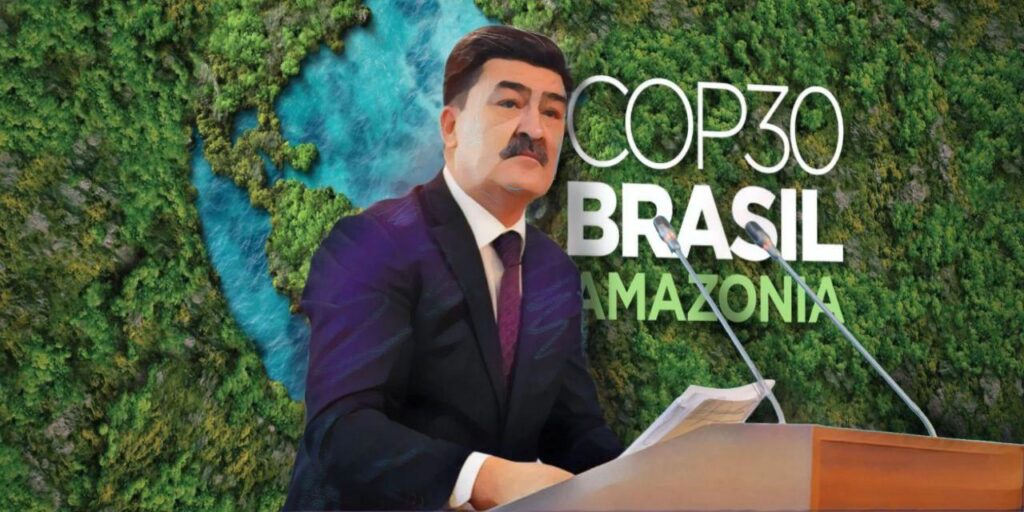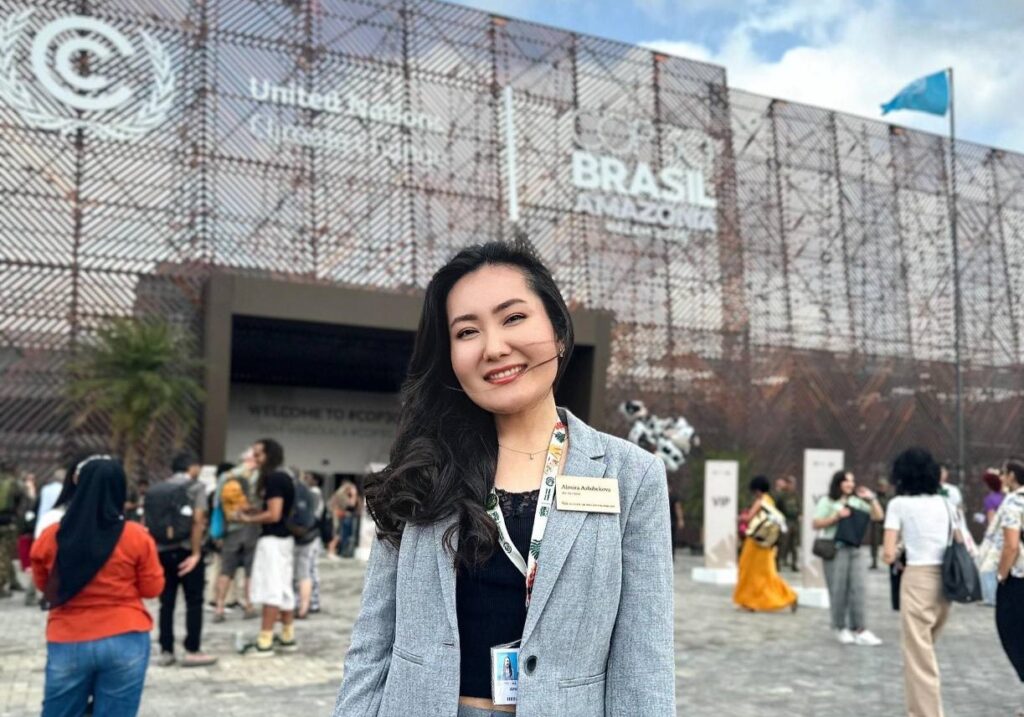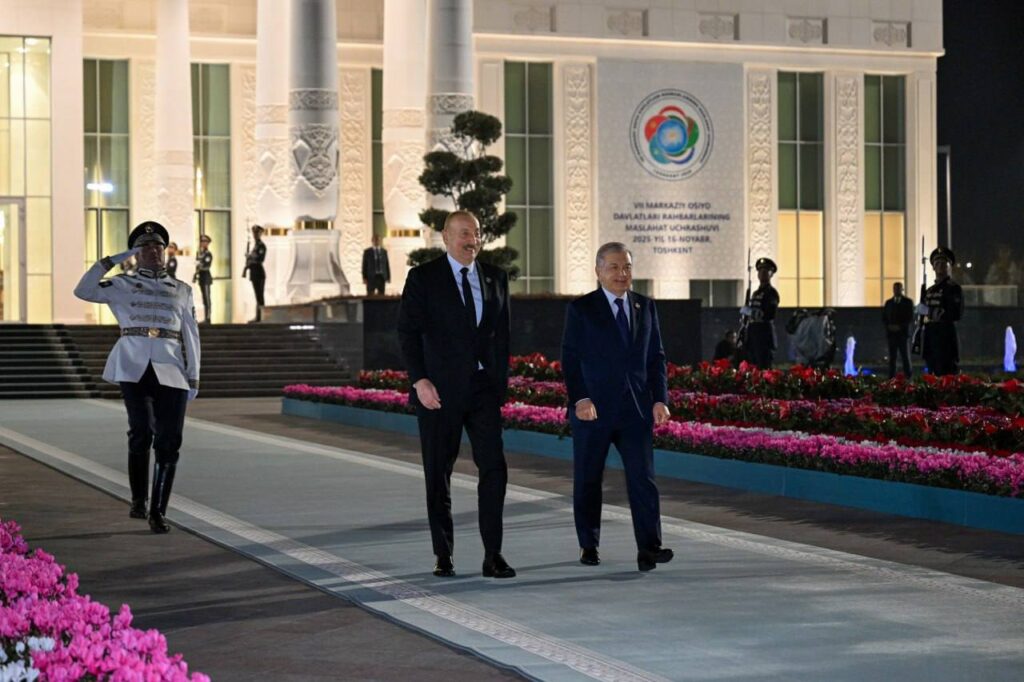The recent state visit by Kassym-Jomart Tokayev to Mongolia, the first by a Kazakh president in 16 years, demonstrated an excellent approach to expanding Astana’s strategic ties. After all, despite 32 years of diplomatic relations and a relatively extensive Kazakh diaspora in Mongolia, under the first president of Kazakhstan, Nursultan Nazarbayev, Astana’s ties with Ulaanbaatar were essentially put on hold.
This pause in relations likely arose due to Mongolia’s political reputation in the region. Protests often erupt in the country, sometimes becoming particularly violent. In 2008, when the Kazakh authorities justified their failures in the economy with the outbreak of the global economic crisis, a state of emergency was imposed in Mongolia for four days in July. The reason was violent opposition protests against the results of the parliamentary elections. Protesters smashed the headquarters of the ruling party and set fire to several buildings in the center of Ulaanbaatar, killing five people and injuring 300.
For Mongolia, with its population of 3.4 million, this was a significant shock, as it was for its neighbors in the Eurasian region, where three leaders fell between 2003 and 2005 — Eduard Shevardnadze in Georgia, Leonid Kuchma in Ukraine, and Askar Akayev in Kyrgyzstan.
All this was declared in the region as an “export of revolutions,” building around this notion, a conspiracy theory about the machinations of the U.S. State Department and George Soros.
Tokayev’s state visit to Mongolia 16 years after Nursultan Nazarbayev refers to the Kazakh leader’s key idea about the renaissance of Central Asia. Mongolia is no stranger to the region in one way or another. The main thing for Kazakhstan is the strong Kazakh diaspora, which exceeds 117,000 people. This is the largest national minority in Mongolia and the second largest ethnic group after the titular one.
A Kazakh newspaper is published in Mongolia, some Kazakh TV channels are shown on television, and there is an hour of radio news in Kazakh. In short, the basis for strengthening relations is powerful.
Tokayev and the president of Mongolia, Ukhnaagiin Khurelsukh, who received him, spoke in both narrow and extended formats about reaching the level of strategic partnership.
Tokayev and Khurelsukh, even before the one-on-one meeting, had revitalized diplomatic and trade ties between Kazakhstan and Mongolia. Data from the Statistics Committee of the Ministry of National Economy of Kazakhstan provides evidence. Since 2017, there has been a steady decline in trade turnover between the countries. In 2017, its level was $74.8 million; in 2018 – $67.4 million; in 2019 – $59.9 million. In 2020, it fell to $29.3 million. COVID restrictions can explain such a sharp drop.
In 2021, the turnover reached almost $61 million, but at the end of 2023, the trade volume jumped to $150 million.
Therefore, when Tokayev said at a joint press briefing that he and the Mongolian president had agreed to turn over $500 million in the “foreseeable future,” this did not seem overly optimistic.
The Kazakh delegation did not come empty-handed; during Tokayev’s visit, the parties signed an investment agreement under which Kazakhstan would produce a remote sensing of the Earth — mapping using a satellite — for Mongolia. The cooperation will include building and delivering a spacecraft as part of a joint satellite constellation. This will be the first Kazakhstani space program.
Also, during the visit, Kazakhstan’s Ministry of Energy and Mongolia’s Atomic Energy Commission concluded a memorandum on cooperation in the field of nuclear energy. Not long ago, Kazakhstan citizens agreed to develop their nuclear industry in a referendum. Mongolia will adopt this experience.
In his commentary, Rustem Mustafin, deputy director of the Center for Political Studies at Kazakhstan’s Institute for Philosophy, Political Science and Religious Studies, listed other significant achievements from Tokayev’s visit to Mongolia. Mustafin commented that an agreement on joint exploration and development of “deposits of iron, phosphates, bauxite, rare minerals and critical minerals” looks very promising.
“The demand for critical raw materials worldwide is growing rapidly, especially those used in producing electronic high-tech products. Kazakhstan has large deposits of rare earth metals and has more than 5,000 undiscovered deposits with a total value of over $46 trillion. In Mongolia, the exploration and development of critical minerals is gaining momentum. Our countries have a lot to work on together to diversify relations. It is necessary to create favorable conditions for foreign investors, who will be motivated to invest not only in mining but also in the localization of high-tech industries, development of local scientific and technological base, creation of research centers, improving the level of education, and competence of local staff and stimulating innovation within the countries,” Mustafin said.
